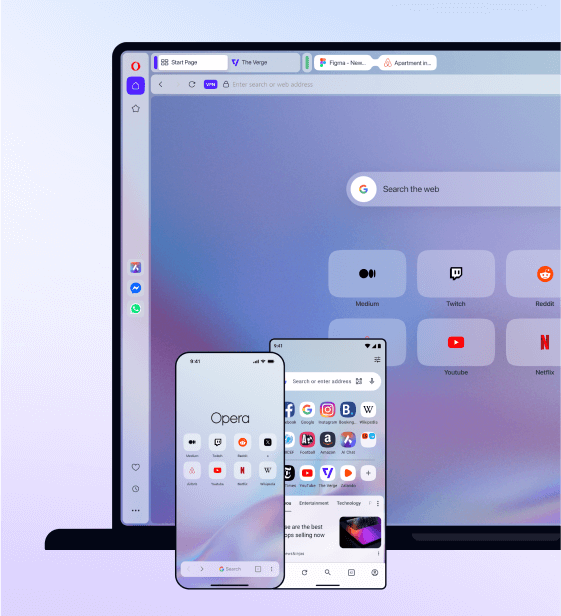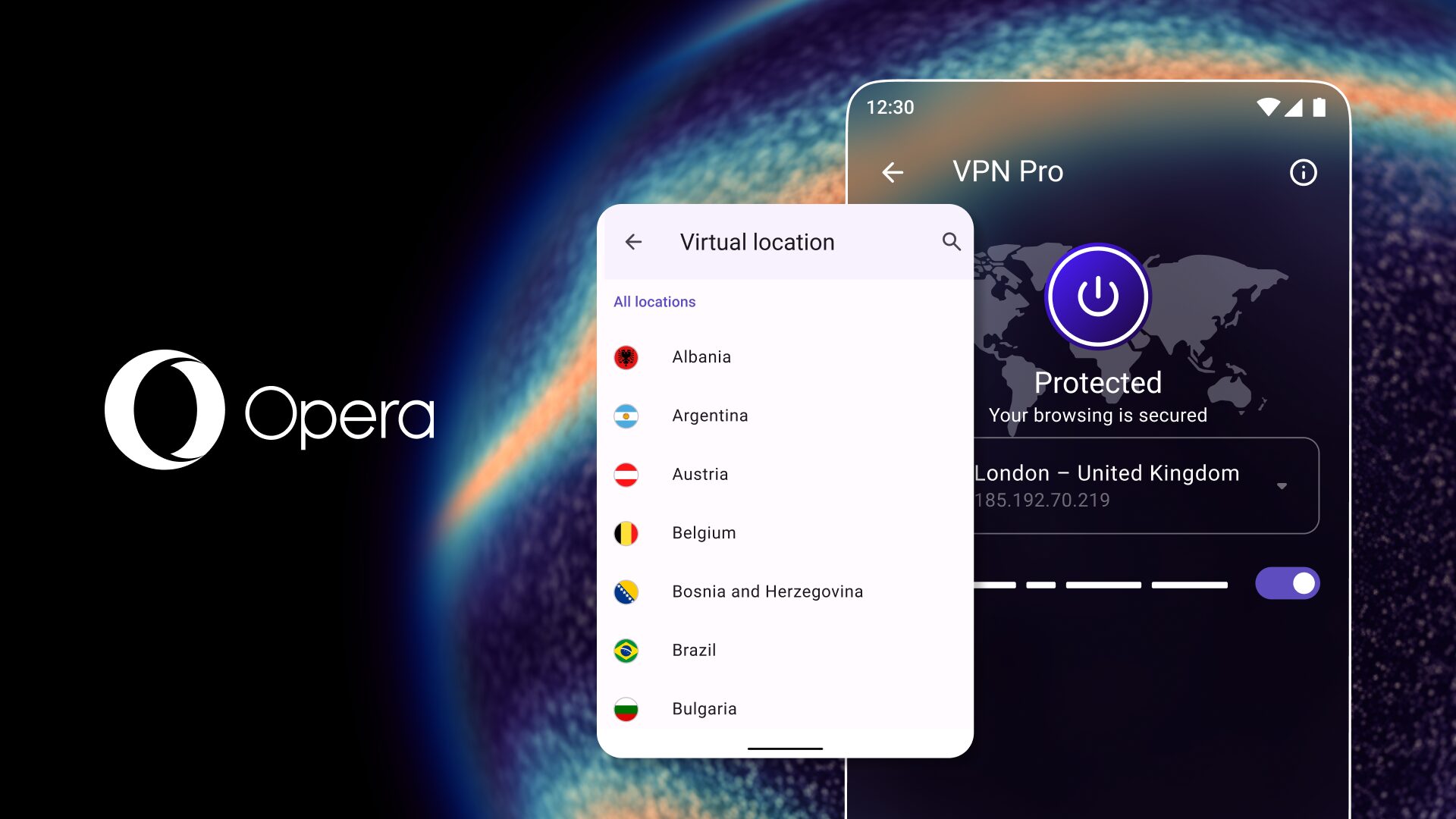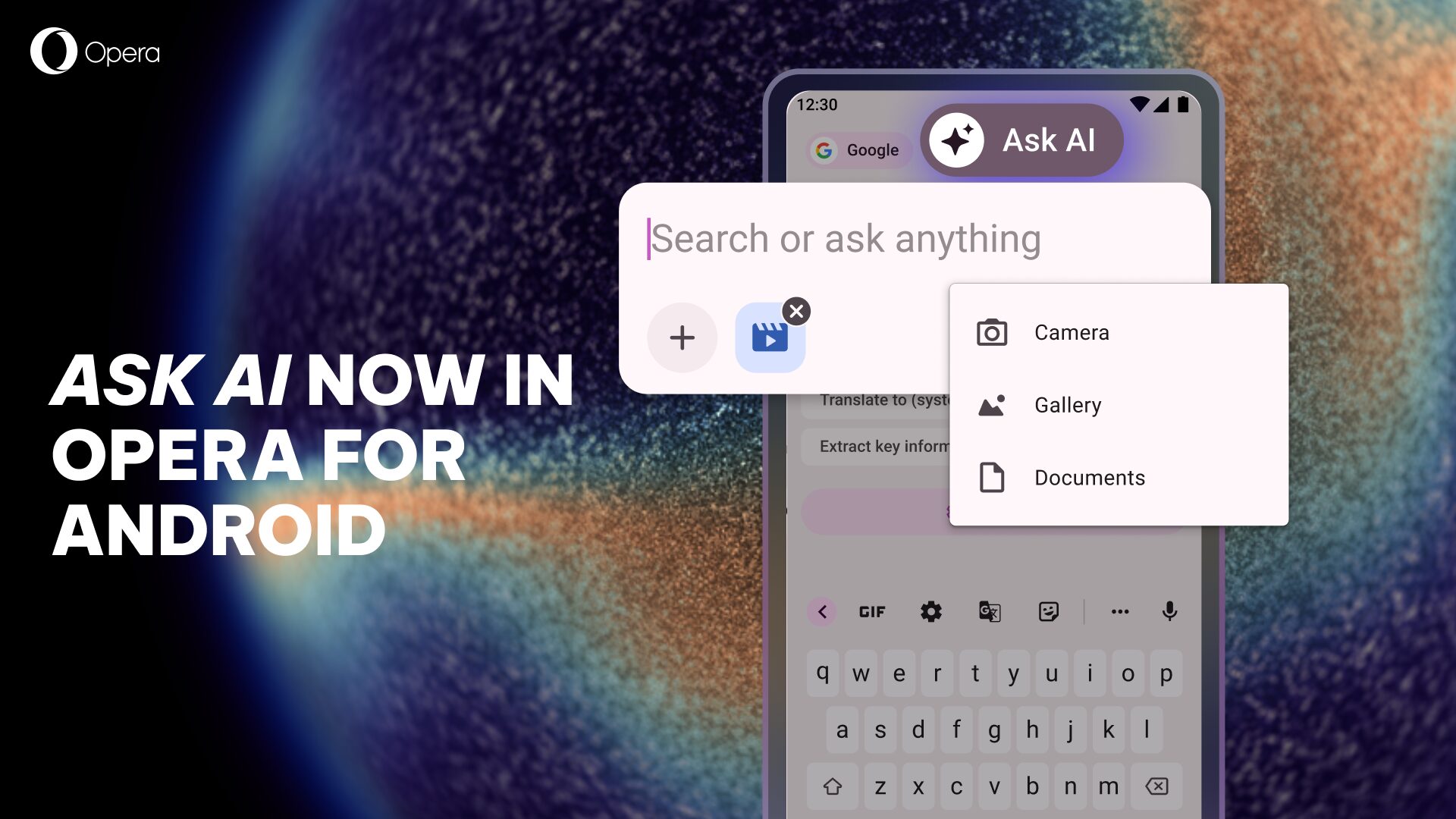How to stay safe on public wi-fi with one simple trick


Public wifi hotspots are everywhere. Your favorite coffee shop has one. Your local library has one and many buses, planes and trains have them too. Public hotpots are great ways to save mobile data on your phone or get online on your laptop when traveling. But could that convenience put you at risk? The answer, unfortunately, is yes.
The risks of public wifi hotspots
Many public wifi hotspots are unsecured or poorly secured, which could expose you to dangers ranging from annoying to serious. An attacker may see exactly what pages you visit and anything that you type into those sites, including your home address, telephone number, and other personal information. Your file sharing can be visible and ordering an item online may expose your credit-card information. Your device could be infected with malware, especially if the public hotspot itself has been compromised or is malicious. For most people, figuring out whether a public hotspot is safe is just not practical. But how can you protect yourself online when you can’t trust your Internet connection?
The benefits of a VPN
One of the best ways to stay safe on public wifi networks is to use a virtual private network, commonly known as a VPN. A VPN securely encrypts and routes your Internet traffic through a server so that websites see the server’s IP address rather than yours, while the hotspot sees only that you are connected to the server. That way, you can bypass a public hotspot’s questionable security, since the encrypted VPN connection hides what you are doing from the wifi network.
However, most people usually use trusted networks with reliable security, like home, work, and mobile networks. Subscribing to a paid VPN service may be impractical for the occasional times when it is needed. Free VPNs are attractive, but then you need to consider whether you can trust the free service. Unfortunately, some free VPNs have questionable reputations or keep logs on users to sell to third parties.
The advantage of Opera
To help you stay safe on public networks, Opera has a free and unlimited VPN service that is built directly into its desktop and mobile Opera web browsers and is governed by our privacy policy. Using it is easy. It’s a built-in feature of Opera, so it requires no additional installation. Enable the VPN in the settings, and your browser’s VPN will start automatically, encrypting your data and disguising your location so you can stay safe. A blue VPN badge will appear to the left of the address bar, where you can toggle the VPN on and off as well as select other options. It’s as simple as that. If you would like more information, read more about using our VPN feature on our help page. At the same time, bear in mind that ours is a browser VPN feature, which means it will only encrypt and route the traffic from your browser, not your entire device, through the free VPN.
Bypass your search engine with VPN
The Opera browser’s VPN also comes with a handy feature to help you get the best results from your online searches. If you search for “hardware stores near me” with most VPNs, your results may be based on the location of the VPN server, which could be in another country or at least not anywhere near you. With Opera, you can bypass the VPN feature for searches. Simply enable the option in your VPN settings, and requests sent to your default search engine will be exempt from the VPN. You’ll be able to get the right search results based on your location, while staying safe and secure on public wifi.
Use it on your phone or computer
Online privacy is a complicated subject, but safety on public wifi doesn’t need to be. The next time you need to use a public wifi hotspot, like your favorite coffee shop, try switching on the browser VPN feature in Opera for a simple, safe way to protect yourself online.
Happy browsing!
Curious to know more about VPN in Opera for your Android phone? Check out this article on our blog.














